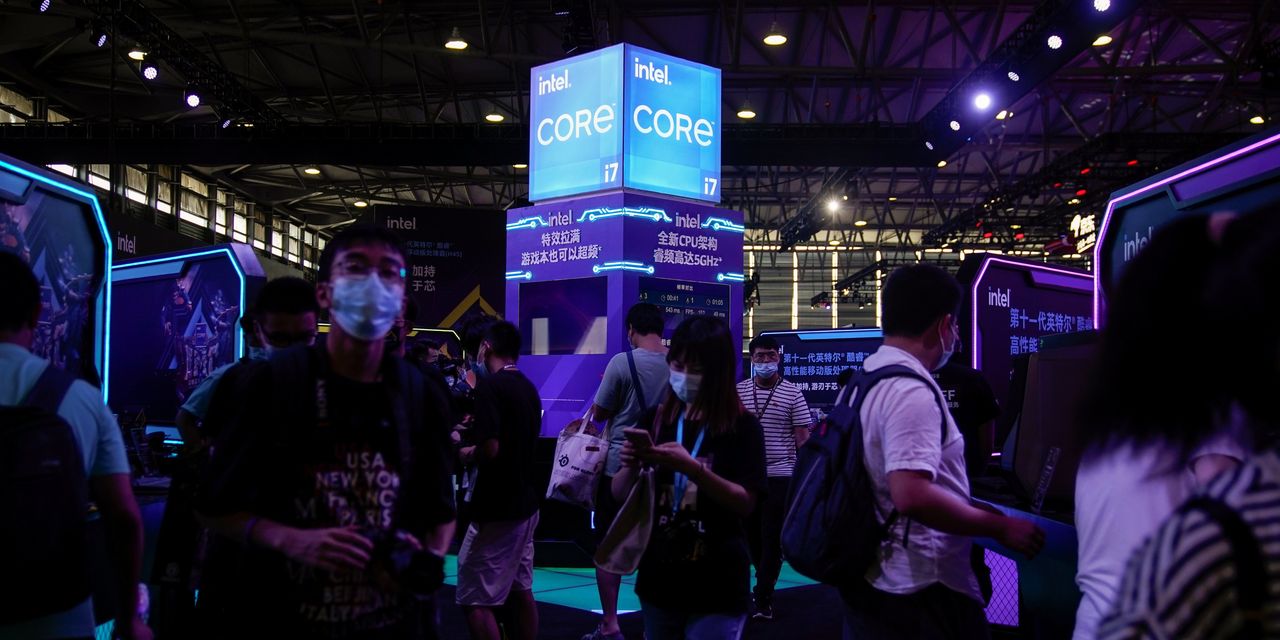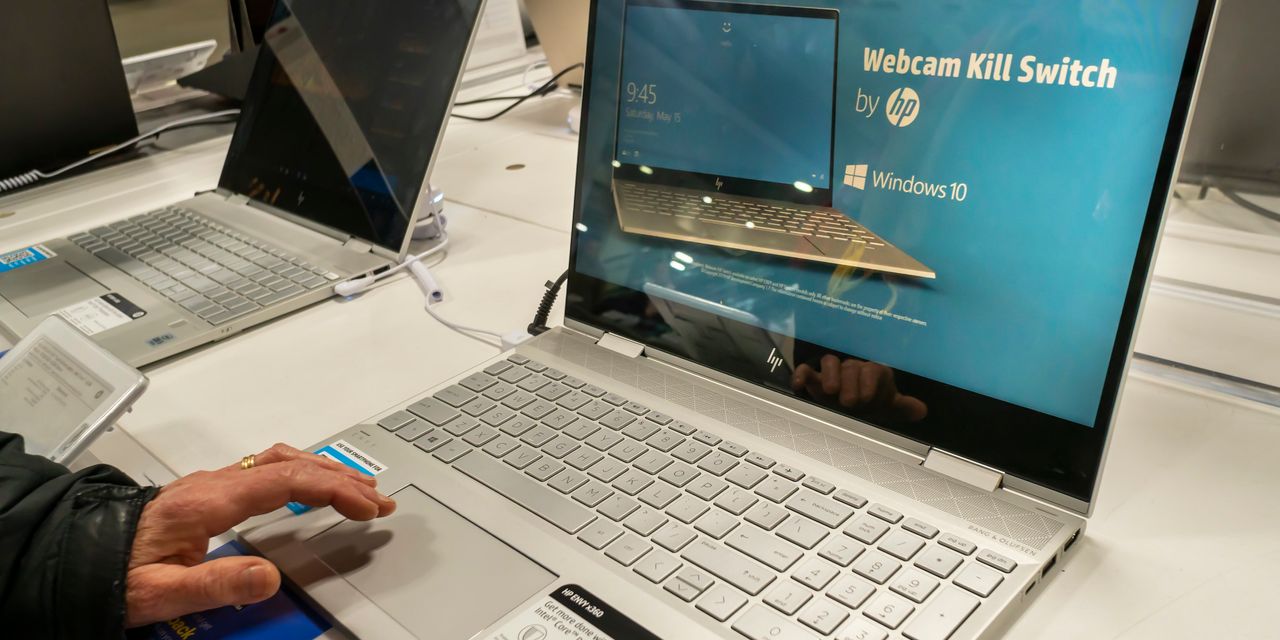
SINGAPORE—Intel Corp. removed references to the Chinese region of Xinjiang from an open letter it sent suppliers last month, after the contents of the note sparked a social-media uproar in China and led the U.S. semiconductor company to apologize to the Chinese public.
In mid-December, Intel published a letter to its global suppliers on its website, calling on its business partners to avoid sourcing from the northwestern Chinese region, where the Chinese government has conducted a campaign of forcible assimilation against ethnic Muslim minorities.
Within days, the Santa Clara, Calif.-based company was denounced by Chinese social-media users and state-run media for cutting business dealings with the region, while one of its China brand ambassadors pulled out in protest. The chip maker apologized on Dec. 23 on its Chinese social-media accounts, adding that the letter was written to comply with U.S. law and didn’t represent its position on Xinjiang.
A Wall Street Journal check of the same webpage and supplier letter on Jan. 10 found that the company had erased any reference to Xinjiang there. Previously, Intel had written in the letter viewed on Dec. 23: “Our investors and customers have inquired whether Intel purchases goods or services from the Xinjiang region of China. Multiple governments have imposed restrictions on products sourced from the Xinjiang region. Therefore, Intel is required to ensure our supply chain does not use any labor or source goods or services from the Xinjiang region.” The Jan. 10 version didn’t carry that wording.
Intel said on Monday that the company had “recently issued a statement in China to address concerns raised by our stakeholders there regarding how we communicated certain legal requirements and policies with our global supplier network.” Intel said in Monday’s statement that it would continue to ensure compliance with applicable laws and regulations in the U.S. and in other jurisdictions where it operates.
The move drew a rebuke from Sen. Marco Rubio (R., Fla.) “If companies like Intel continue to obscure the facts about U.S. law just to appease the Chinese Communist Party then they should be ineligible for any funding under the CHIPS Act,” he said in reference to legislation to provide funding for the semiconductor industry in the U.S.
Intel declined to comment on the senator’s statement.
Xinjiang, home to millions of ethnic Muslim minorities, has become a minefield for Western companies and brands, particularly as the start of 2022 Beijing Olympics approaches on Feb. 4. Top Olympic sponsors including Intel, Coca-Cola Co. and Samsung Electronics Co. are facing calls from some Western politicians and human-rights activists to pull out of the event because of China’s human-rights record. Intel is one of 14 global companies that have contracts with the International Olympic Committee to sponsor multiple Olympics.
Researchers say Xinjiang authorities have detained as many as a million members of ethnic minorities in a network of internment camps as part of the government’s ethnic-assimilation campaign. The campaign, which the U.S. government and some lawmakers from other Western countries have called a form of genocide, includes mass surveillance, forced labor and stringent birth controls.
Beijing has dismissed the genocide charge as a fabrication. Instead, it has called its campaign in Xinjiang an innovative effort to counter religious extremism and terrorism.
On Dec. 23, President Biden signed into law the Uyghur Forced Labor Prevention Act, which restricts all imports from Xinjiang into the U.S. unless there is proof the products haven’t been made with forced labor.
Last month, American retailer Walmart Inc. faced a backlash on Chinese social media for supposedly stopping sales of products from Xinjiang. Walmart declined to comment then. Electric-car maker Tesla Inc. recently came under fire from activists and policy makers in the U.S. after it said it opened a new showroom in Xinjiang. Tesla didn’t respond to requests for comment then.
Intel’s supplier guidance on Xinjiang from December was similar to what the company said in the previous year’s letter to vendors, when it instructed them to “ensure Intel does not receive goods/services produced in the Xinjiang region of China.”
At a congressional hearing over the summer, Intel general counsel Steve Rodgers said the company had no goods sourced from the Chinese region and had policies to prohibit Xinjiang-based suppliers. At the hearing, he also said Intel had spoken to the International Olympic Committee about the importance of human rights to the company.
China is Intel’s largest market by revenue, totaling $20 billion in the year ending Dec. 26, 2020, or about 26% of its annual total, its most recent annual report showed.
Write to Liza Lin at [email protected]
Copyright ©2022 Dow Jones & Company, Inc. All Rights Reserved. 87990cbe856818d5eddac44c7b1cdeb8








